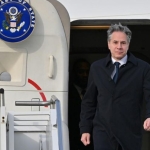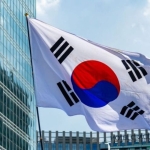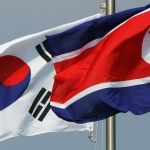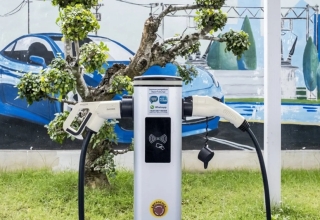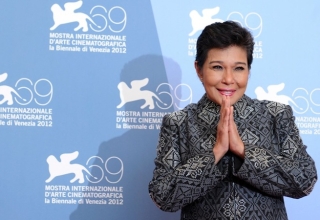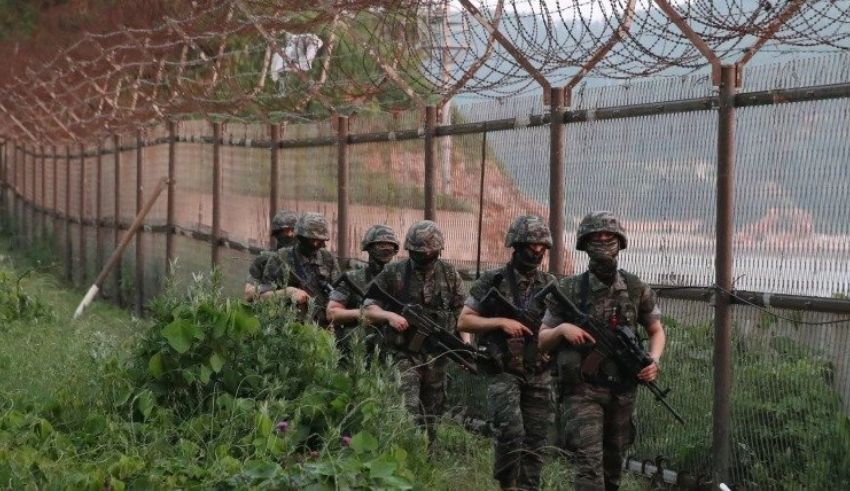
The historical representation of the protracted standoff between North and South Korea, the Korean Demilitarised Zone (DMZ), has drawn attention from around the world lately as the focal point of rising military tensions. Gunshot occurrences recently have raised questions about the stability of the area and highlighted the ongoing instability that defines the Korean Peninsula.
Unfolding of Events
The recent incidents started off suddenly and upset the relative peace in the region when South Korean forces fired warning shots in response to an alleged border crossing by 20 to 30 North Korean soldiers. This abrupt increase broke the peace in the area and made both sides move quickly. The North Korean soldiers, who were some armed and others allegedly carrying construction equipment, quickly withdrew into their own zone after the warning gunfire and broadcasts.
Understanding Context
Understanding the events more thoroughly exposes a complicated interaction of variables. Many conjecture that North Korean troops crossed the border accidentally, partly because to the heavily wooded area and the difficulty to see Military Demarcation Line (MDL) signs. But this event happened against the backdrop of rising hostilities in what has been dubbed a “balloon war,” in which propaganda operations have been conducted by North and South Korea. Tensions are further increased by reports that North Korea has started sending balloons filled with trash across the border.
Keep Reading
The Whole Picture
When one zooms out to look at the larger picture, one finds a scenario evocative of Cold War tactics, with both Koreas using psychological warfare techniques, such as border loudspeaker broadcasts. With an estimated two million mines and a sizable military presence on both sides, the DMZ is still one of the most heavily defended borders in the world even though it was declared a demilitarised zone. Alongside larger geopolitical concerns, such as nuclear talks and international sanctions aimed at North Korea, are these border clashes.
Going Ahead
Even while the current developments did not turn into full-fledged hostilities, they are a sobering reminder of the precarious peace that exists on the Korean peninsula. The world community is nevertheless watchful and cautiously hopeful about the chances of a peaceful settlement to the protracted conflict in the area. Even while diplomatic endeavours continue to develop, efforts towards de-escalation and open communication are essential to guaranteeing stability and security on the Korean Peninsula and beyond.
